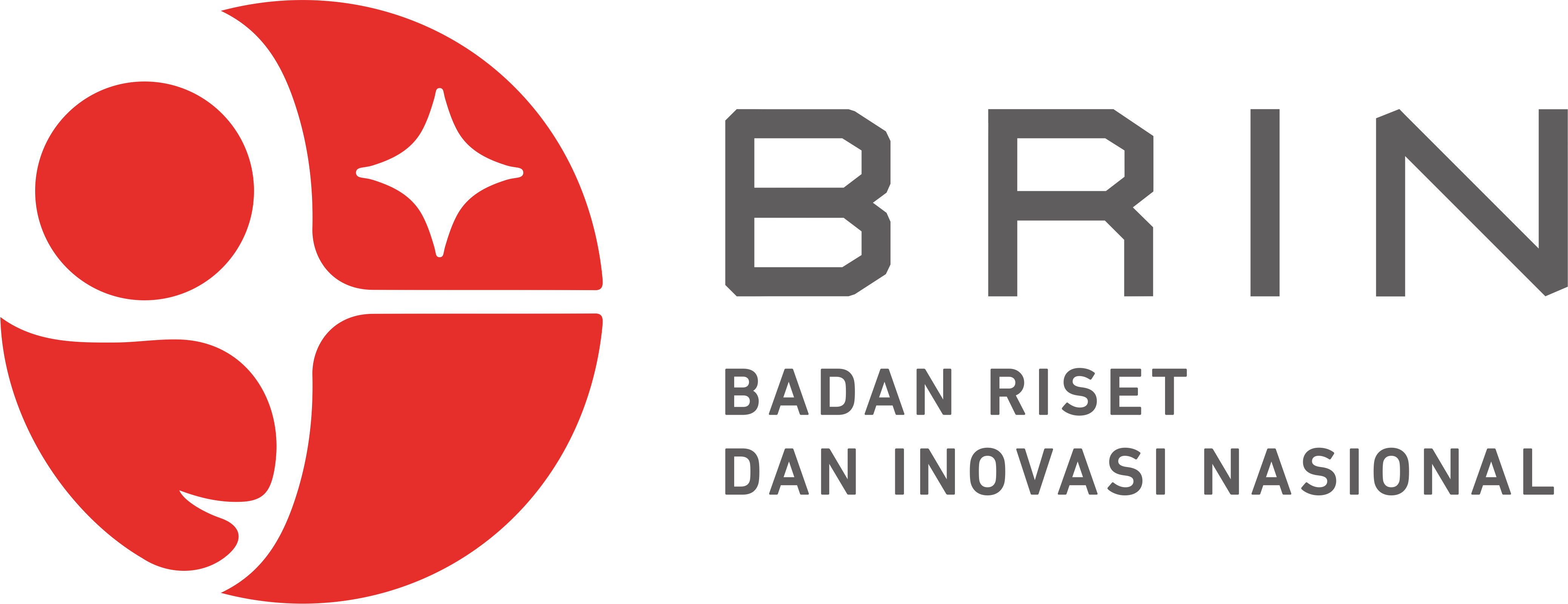PROGRAM KKN IAKN PALANGKA RAYA DI DESA GARUNG: PEMBUATAN BAK SAMPAH, EDUKASI KEBERSIHAN, AKSI BERSIH, DAN PEMBENTUKAN SATGAS RELAWAN SEBAGAI UPAYA PENGUATAN KEBERSIHAN LINGKUNGAN
Keywords:
KKN, Participatory Action Research, Environmental Hygiene, Hygiene Education, Volunteer Task Force, Garung VillageAbstract
Community Service Program (KKN) is a form of student dedication to society aimed at providing real contributions to solving social and environmental problems. The Regular KKN Program of Group 7 from the State Christian Institute of Palangka Raya (IAKN) was implemented in Garung Village, Jabiren Raya District, Pulang Pisau Regency, during July–August 2025. The main problems identified were poor environmental hygiene due to unmanaged household waste, lack of adequate disposal facilities, and low public awareness of clean living behavior. This community service employed the Participatory Action Research (PAR) method with a qualitative descriptive approach, using observation, interviews, Focus Group Discussions (FGD), village transects, and field documentation. The core programs included the construction and installation of communal trash bins, socialization and education on environmental hygiene, joint clean-up activities, and the establishment of a Volunteer Garbage Task Force (Satgas Relawan Sampah). The results indicated an increase in community awareness of hygiene, the availability of simple waste management facilities, and the formation of local institutional support through the task force as a sustainability effort. This community service confirms that a participatory qualitative approach is effective in fostering a clean-living culture and strengthening community participation in maintaining a healthy village environment.
Downloads
References
Afandi, A. (2022). Metodologi pengabdian masyarakat. Direktorat Pendidikan Tinggi
Keagamaan Islam Direktorat Jenderal Pendidikan ….
Damayanti, F. U. (2025). Kondisi Sosial Ekonomi Masyarakat Di Permukiman Kumuh Di
Kelurahan Hadimulyo Barat Kecamatan Metro Pusat. IAIN Metro.
Felani, E., Istiqomah, K. F., Sari, I. N. I., & Hidayatullah, R. (2025). Implementasi
Strategi Participatory Action Research (Par) Untuk Mengoptimalkan
Pengelolaan Sampah Berbasis Sekolah: Sebuah Pendekatan Inovatif Dan
Berkelanjutan. AN NAJAH (Jurnal Pendidikan Islam Dan Sosial Keagamaan), 4(3),
21–27.
Laksmi, G. W. (2025). Perencanaan Strategi Pariwisata Ekowisata Regional Sebagai
Solusi Pengelolaan Sampah (Studi Kasus: Taman Nasional Laut Bunaken).
Perencanaan Strategis Pengembangan Pariwisata Regional, 132.
PAR, A. (n.d.). METODOLOGI PAR. Metodologi Pengabdian Masyarakat, 1.
Suskha, F., Sugiarta, C., Octavia, A. L., Putri, M. R., Rosdiyanti, D., & Wulandari, F.
A. (2024). “SEKOLAH SEHAT”: SOSIALISASI TENTANG PERILAKU HIDUP
BERSIH DAN SEHAT DI SEKOLAH. SEMAR: Jurnal Sosial Dan Pengabdian
Masyarakat, 2(4), 50–58.













